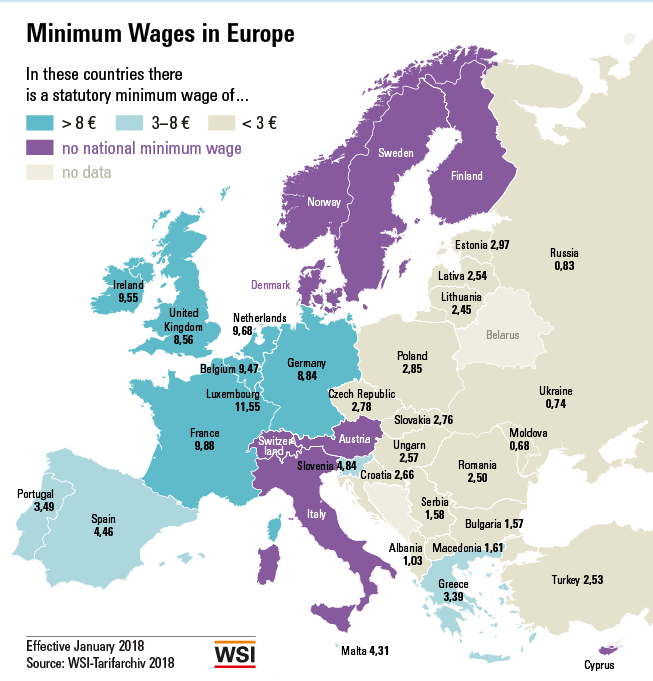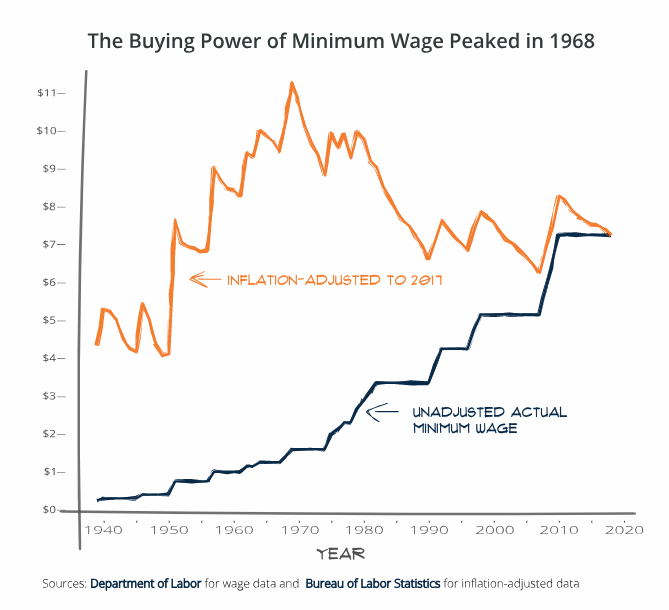By Tafline Laylin
Washington residents "are very excited about the prospect of becoming a tree or having a different alternative,” state Sen. Jamie Pedersen said.When Americans die, most are buried or cremated. Washington could soon become the first state to allow another option: human composting.
The novel approach, known as “recomposition,” involves placing bodies in a vessel and hastening their decomposition into a nutrient-dense soil that can then be returned to families. The aim is a less expensive way of dealing with human remains that is better for the environment than burial, which can leach chemicals into the ground, or cremation, which releases earth-warming carbon dioxide.
“People from all over the state who wrote to me are very excited about the prospect of becoming a tree or having a different alternative for themselves,” said state Sen. Jamie Pedersen, a Democrat, who is sponsoring a bill in Washington’s Legislature to expand the options for disposing of human remains. The recomposition bill would also make Washington the 17th state to allow alkaline hydrolysis, the dissolving of bodies in a pressurized vessel with water and lye until just liquid and bone remains. Pedersen plans to introduce the bill when the new legislative session begins next month.
Pedersen sees recomposition as an environmental and a social justice issue. He said allowing it would particularly benefit people who can’t afford a funeral or aren’t comfortable with cremation. Recompose aims to charge $5,500 for its services, while a traditional burial generally cost more than $7,000 in 2017, according to the National Funeral Directors Association. (Cremation can cost less than $1,000, though that doesn’t include a service or an urn.)
The push to allow composting of human remains originates with Katrina Spade, 41, a Seattle-based designer who started focusing on the idea in 2013 while working on her master’s in architecture at the University of Massachusetts Amherst.
“We really only have two easily accessible options in the U.S. — cremation and burial,” she said. “And the question is: Why do we only have two options, and what would it look like if we had a dozen?”
Spade’s initial goal was to design a system that would restore people’s connection to death and its aftermath, which she said had been severed in part by the funeral industry. A friend introduced her to the farming practice of composting livestock after they die. Called mortality composting, the practice has been shown to safely keep pathogens from contaminating the land, while creating a richer soil.
“It was like a lightbulb went off and I started to envision a system that uses the same principles as mortality composting … that would be meaningful and appropriate for human beings,” she said.
She worked with researchers at Western Carolina University and the Washington State University to turn her vision, which she dubbed “recomposition,” into reality. The process involves placing unembalmed human remains wrapped in a shroud in a 5-foot-by-10-foot cylindrical vessel with a bed of organic material such as wood chips, alfalfa and straw. Air is then periodically pulled into the vessel, providing oxygen to accelerate microbial activity. Within approximately one month, the remains are reduced to a cubic yard of compost that can be used to grow new plants.
The safety of the process depends on maintaining a temperature of 131 degrees Fahrenheit for 72 consecutive hours to destroy pathogens, according to Spade. This heat is generated by the naturally occurring microbes.
Recompose, a public-benefit corporation Spade founded in 2017 to expand research and development of her concept, recently co-sponsored a $75,000 pilot program through Washington State University.
Led by researcher Lynne Carpenter-Boggs, associate professor of sustainable and organic agriculture at Washington State, the five-month program recomposed six donor bodies in a carefully controlled environment, aiming to allay concerns about spreading pathogens.
The research concluded in August, and the recomposition of human remains was found to be safe, according to Carpenter-Boggs, who plans to submit her results for publication in 2019. (Recomposition isn’t for everyone — some pathogens, like the bacteria that causes anthrax, are known to survive composting in animals, so recomposition’s safety will depend on excluding people with certain illnesses.)
“The advantage that I see as a soil scientist and an environmental scientist is that it is relatively low in resource use and it also creates this soil-like or compost-like product that helps to store carbon,” Carpenter-Boggs said. Human compost adds nutrients to soil, potentially improving its ability to absorb water and reduce erosion, she added.
An earlier version of Pedersen’s bill, which included alkaline hydrolysis but not recomposition, failed in Washington in 2017, which Pedersen attributed to opposition from the Roman Catholic Church.
Thomas Parker, a former lobbyist for the Washington State Catholic Conference, said the church was concerned about dissolved human remains draining into sewers.
But State Sen. Michael Baumgartner, a Republican who chaired the Senate’s Labor and Commerce Committee in 2017, when the bill was introduced, said the church’s opposition did not play a significant role in the legislation’s failure. “We prioritized other issues that year,” Baumgartner said.
Alkaline hydrolysis may go against Catholic doctrine that requires the human body to be respected, said James LeGrys, theological adviser to the United States Conference of Catholic Bishops. LeGrys was unfamiliar with recomposition, but noted that it could be problematic if body parts are separated in any way.
There is little risk of this happening through recomposition unless families request it, according to Spade, who said she has not received opposition from any groups, religious or otherwise. She anticipates that some families may choose to take their loved one’s remains home to plant, while others may donate remains to nourish conservation lands.
Pedersen has signed up several co-sponsors of the bill in the state Senate, which is now under Democratic control, and he’s optimistic about its chances. Gov. Jay Inslee, a Democrat, has not taken a public position on the bill and did not respond to a request for comment. If the bill passes, it would take effect May 1, 2020.
This would allow Recompose to officially launch operations in Seattle. Spade hopes to partner with funeral homes and cemeteries to bring recomposition to other parts of the state and country. In the meantime, her company is developing a modular vessel design and refining its business model.
For Spade, the pilot program at Washington State University affirmed the inherent beauty of naturally returning humans to the soil.
“This is something that is really good for humanity,” she said.
CORRECTION (Dec. 30, 2018 9:45 p.m. ET): An earlier version of this article misstated a university Katrina Spade worked with. It is Washington State University, not the University of Washington.












